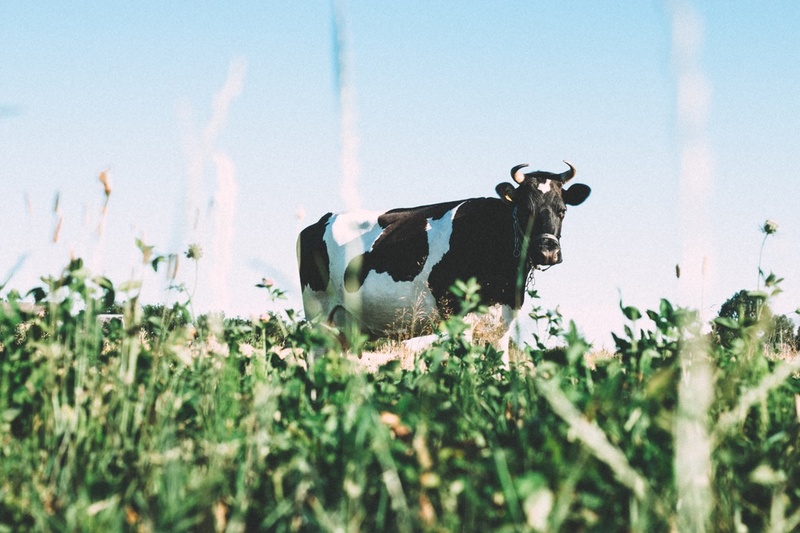Religion in Society’s Updates
Growing Beef Trade Hits India's Sacred Cow
World Religion News | Article Link
Hindu devotees worship a sacred cow on the eve of Gopastami in Hyderabad on November 3, 2011. The cow is regarded by Hindus as gau mata, or maternal figure, and has had a long-standing central role in India’s religious rituals.
New Delhi (CNN) — When 33-year-old Ashoo Mongia visits the supermarket it’s rarely for stocking up his fridge for the week. As head of a cow protection enforcement team, he regularly scours Delhi grocery stores and outdoor markets for food products containing cow beef.
For the last 15 years, Mongia and his team of 120 Delhi-based volunteers have thrown themselves in a battle that pits India’s billon-dollar meat industry and growing underground beef trade against Hindu traditionalists keen on preserving the holy status of cows.
“The cow is our mother, it’s our duty to protect her,” said Mongia, who monitors and raids hundreds of stores, butcher shops and slaughterhouses suspected of carrying, selling or slaughtering India’s blessed bovines. “We do this because we believe in what the cow represents in our country, our culture and in the Hindu religion.”
This year, India will displace the United States as the world’s third largest beef exporter, behind Brazil and Australia. In just the first half of 2012, India exported $1.24 billion worth of meat, and a 30 percent growth in revenue from 2010 exports is projected by the end of the year, according to a U.S. Beef Export Federation study.
While the bulk of Indian exports is buffalo meat bound for Middle East and Southeast Asian markets, the growing middle class in Arab countries has sparked a new craving for cow beef. The rise in demand could make India the world’s king beef exporter by 2013, according to USDA estimates.
But as India continues its struggle for economic and political dominance in South Asia, there is concern that Hindu-mandated bans on beef could hamper the industry’s future growth, particularly in states like Kerala and West Bengal where the practice is legal.
Relied on by generations of Indians for tilling fields, dairy products and dung fuel, the cow is regarded by Hindus as gau mata, or maternal figure, and has had a long-standing central role in India’s religious rituals. Those religious attitudes, however, are viewed by some Indian business leaders as a major hindrance to commerce.



